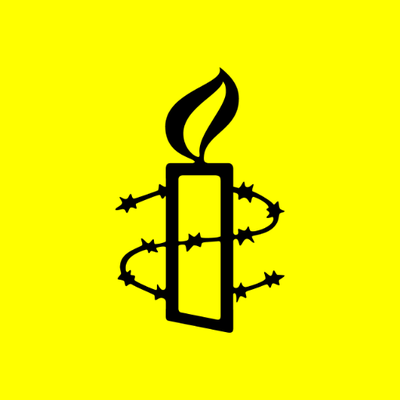Hong Kong: Article 23 legislation a ‘dangerous’ moment for human rights

Responding to the announcement by Chief Executive John Lee that Hong Kong’s legislature would open public consultation on a new draft national security law – known locally as Article 23 legislation – Amnesty International’s China director Sarah Brooks said:
“This is potentially the most dangerous moment for human rights in Hong Kong since the introduction of the National Security Law in 2020. The new proposed Article 23 legislation could further entrench repression in the city.
“In 2003, half a million Hongkongers took to the streets to successfully protest against the possible introduction of Article 23. For the government to revisit the law over 20 years later – while at the same time prosecuting critical speech and jailing members of the political opposition – makes it clear that this legislation was never intended to reflect concerns of the electorate.
“Instead – as with the National Security Law, which has been used to persecute human rights activists, politicians, journalists and civil society groups – Hong Kong authorities are likely to push through this legislation with minimal meaningful consultation, and without ensuring its compliance with international law.
“Indeed, the government has made clear it intends to double down on repression of civic freedoms under Article 23 by introducing steeper penalties and expanding cases in which the legitimate exercise of rights would be criminalized in the name of national security.
“The Hong Kong authorities should not advance or adopt any legislation that ignores UN expert recommendations and would further undermine human rights in the city. Meanwhile, it is crucial that the international community promptly scrutinizes and, if necessary, forcefully pushes back against the government’s latest proposals.”
Background
Article 23 of the Basic Law of Hong Kong’s mini constitution requires the government to pass local laws to prohibit seven offences: treason, secession, sedition, subversion against the Central People’s Government, theft of state secrets, to prohibit foreign political organizations or bodies from conducting political activities in the Region, and to prohibit political organizations or bodies of the region from establishing ties with foreign political organizations or bodies.
Some of these offences were criminalized under the 2020 National Security Law, such as secession and subversion, and others like sedition and treason are on the statute books under colonial-era legislation.
The new legislation, named the Safeguarding National Security Bill, was tabled in the Legislative Council in January. The public consultation period will remain open until 28 February.
The government released a consultation paper today that describes national security risks, principles of the legislation, international comparisons, and a final chapter of “shortcomings and deficiencies” in previous cases. The consultation paper is not a “white bill” and the full draft text of the legislation has not been made public in the paper.
In 2003, the then-Hong Kong government tried to introduce legislation under Article 23 but an estimated 500,000 Hongkongers protested and the legislation was withdrawn, a powerful symbol of the people power of Hong Kong’s civic society at the time.
Since Beijing imposed the National Security Law in 2020 to criminalize the ongoing mass protest movement that began in 2019, the Chinese and Hong Kong governments have publicly raised Hong Kong legislating its own national security law under Article 23.
Following the mass arrests of opposition politicians and activists and legislative changes to the electoral system to ensure “patriots governing Hong Kong”, it is assumed the legislation will easily pass in the pro-government Legislative Council. In introducing the consultation period today, Lee said, “The legislation must be done as soon as possible.”
Amnesty International also raised concerns about the government’s proposals for Article 23 when they were submitted in 2002.






